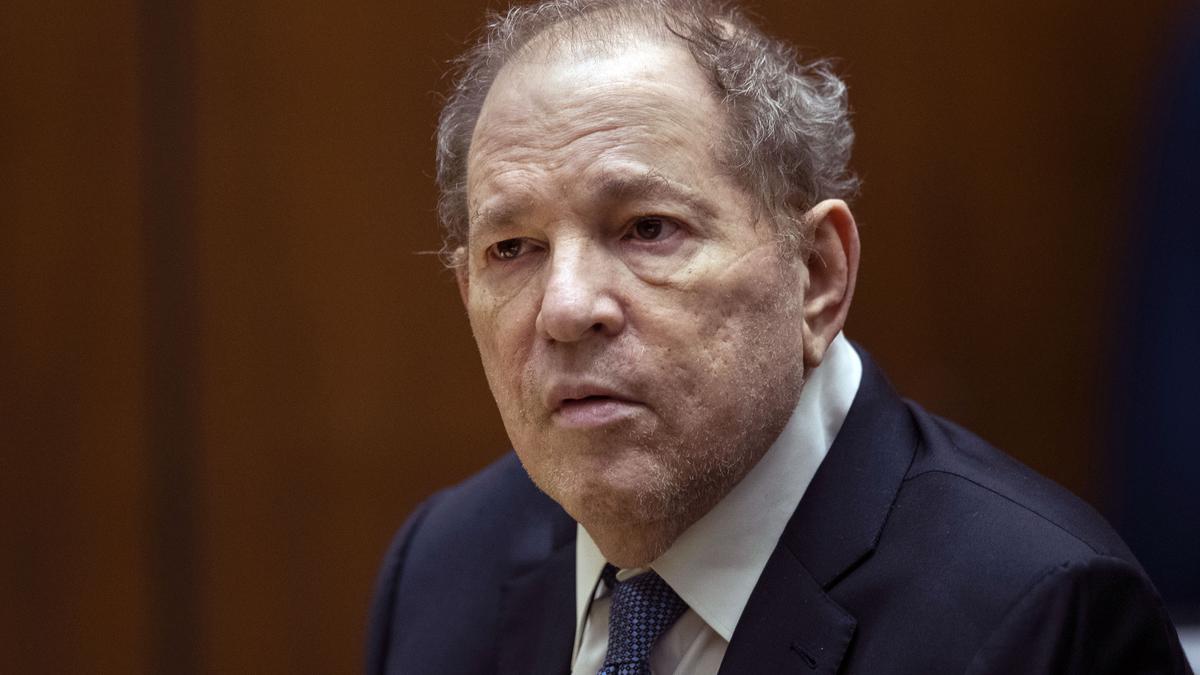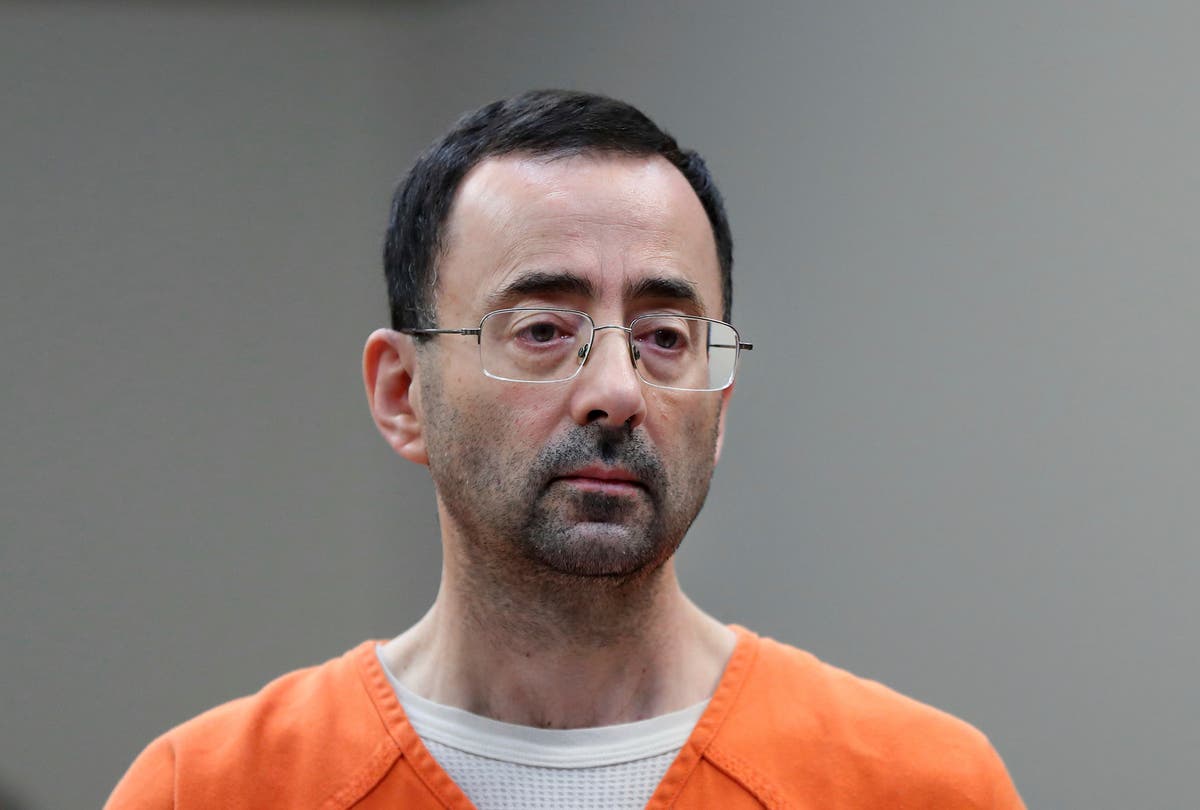
California grants more time for filing child sexual abuse allegations under new law
LA TimesOlympic gold medalist Aly Raisman gives her victim impact statement during Larry Nassar’s trial. “More and more, we’re hearing about people who were victims years ago but were not ready to come forward to tell their story until now.” Currently, survivors must file a lawsuit within eight years of reaching adulthood or within three years of the date a survivor who has reached adulthood “discovers or reasonably should have discovered” they suffered damages, whichever comes later. The bill was opposed by the California Civil Liberties Advocacy, which argued in a letter to lawmakers that the proposal will “negatively impact civil defendants because the availability and reliability of evidence diminishes over time.” The group also maintained that “extending the statute of limitations in civil suits is more in the interests of the plaintiffs’ lawyer industry than that of the abuse survivors, in which the negative effects will be felt in the decades to come.” However, the Victim Policy Institute wrote: “The current law lets too many abusers avoid accountability for their actions. The only good thing to come out of recent scandals was an environment that encouraged well-known women — actors or Olympians — who were victims of childhood sexual assault to come forward.” Newsom also signed a bill that temporarily lifts the statute of limitations on lawsuits for damages over sex abuse allegations against former USC campus gynecologist George Tyndall, who has pleaded not guilty to charges he sexually abused 16 former patients at the campus clinic dating to 2009. Although nearly 400 women have made allegations against Tyndall covering his 27-year career at the university, the statute of limitations for damages arising from a sexual assault that occurred when the victim was an adult is 10 years from the date of the last actionable conduct or three years from the discovery of the resulting injury, whichever is later.
History of this topic
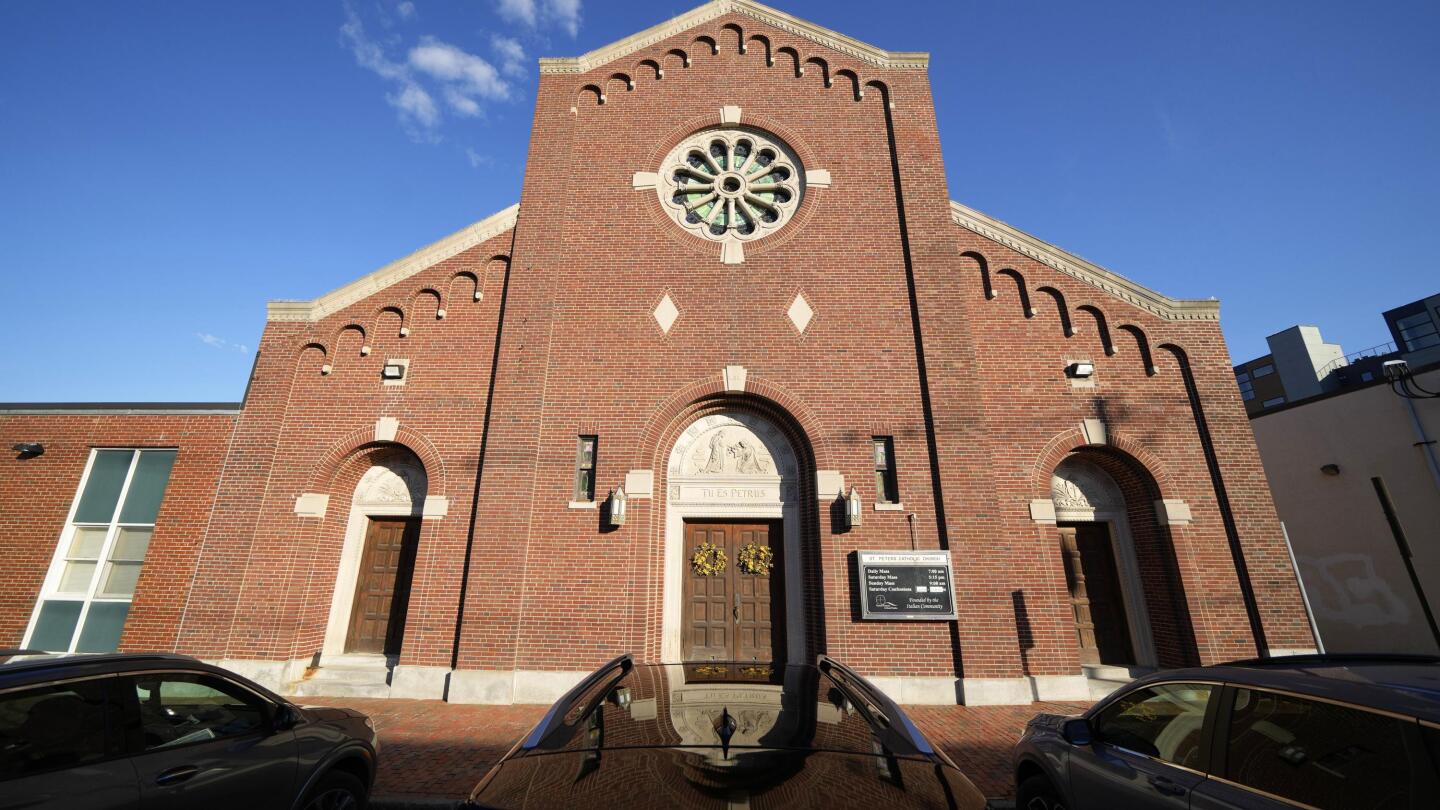
Delayed justice: 3 states remove all time limits on child sex abuse lawsuits
Associated Press
As deadline looms, California’s institutions face thousands of childhood sexual abuse claims
LA Times
As sex abuse lawsuit window closes, long road for victims
Associated Press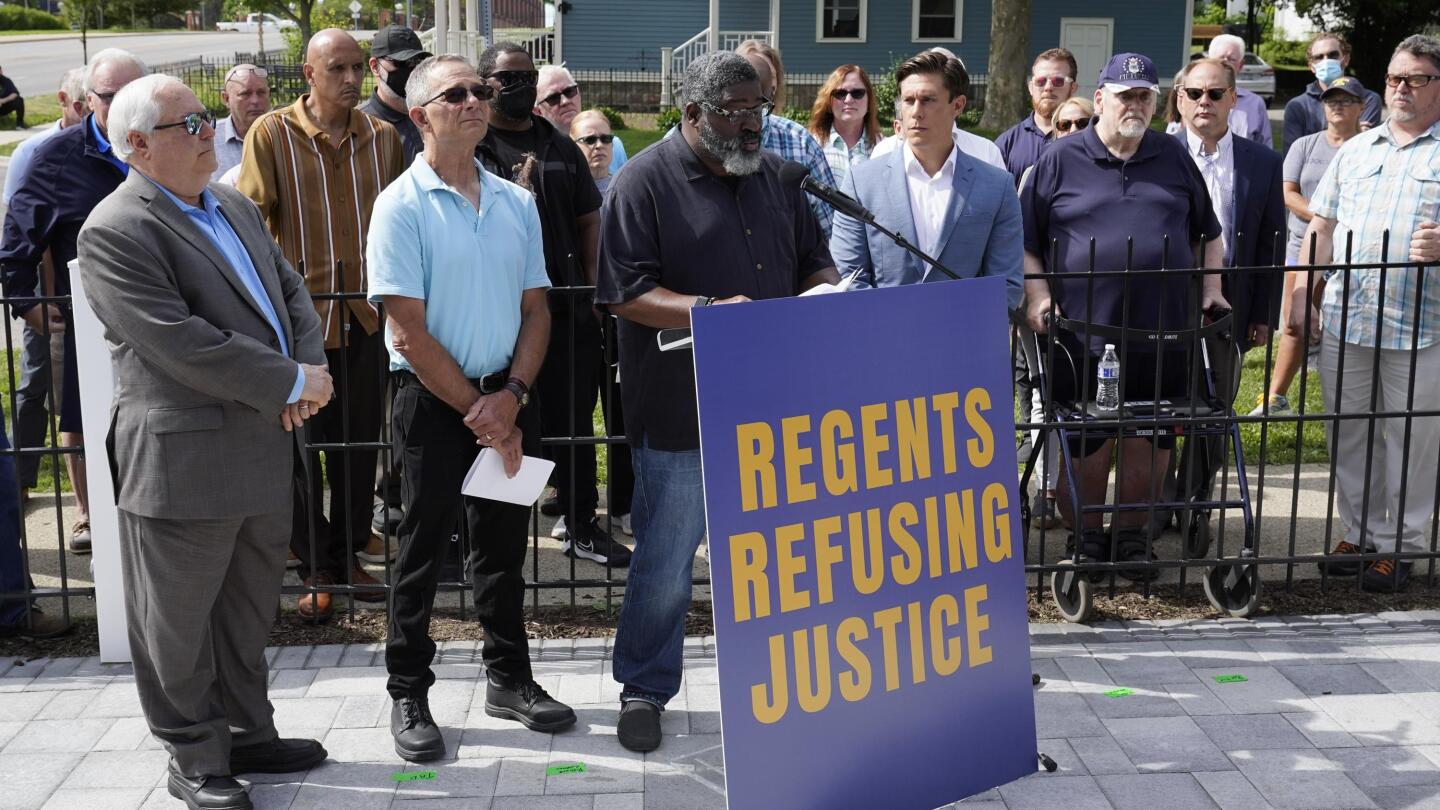
Michigan bills would give sex abuse victims more time to sue
Associated Press
California sex abuse law likely to spur thousands of claims
Associated Press
NY gives sex abuse victims more time to sue, press charges
Associated PressDiscover Related








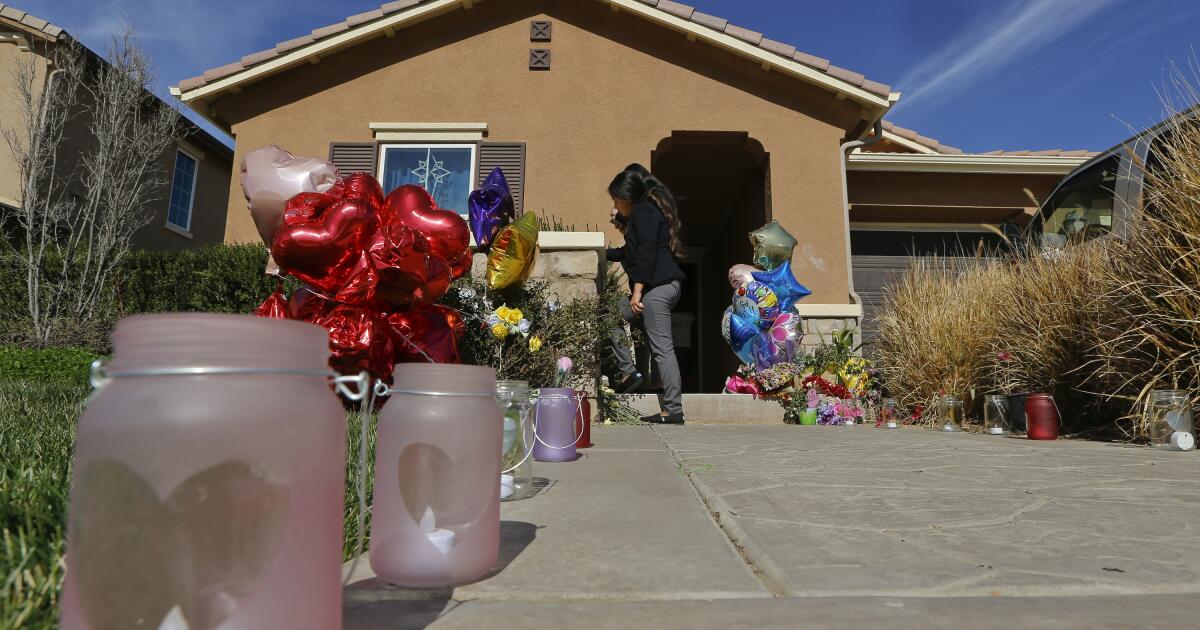








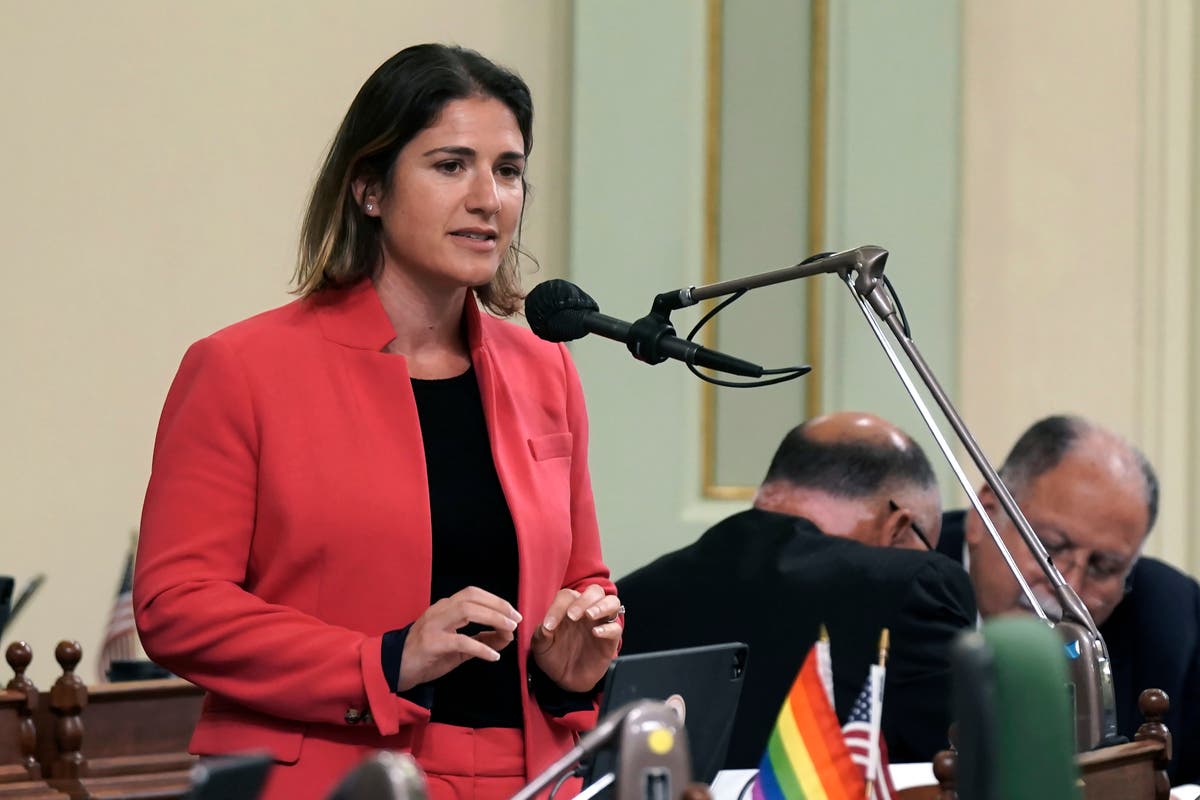
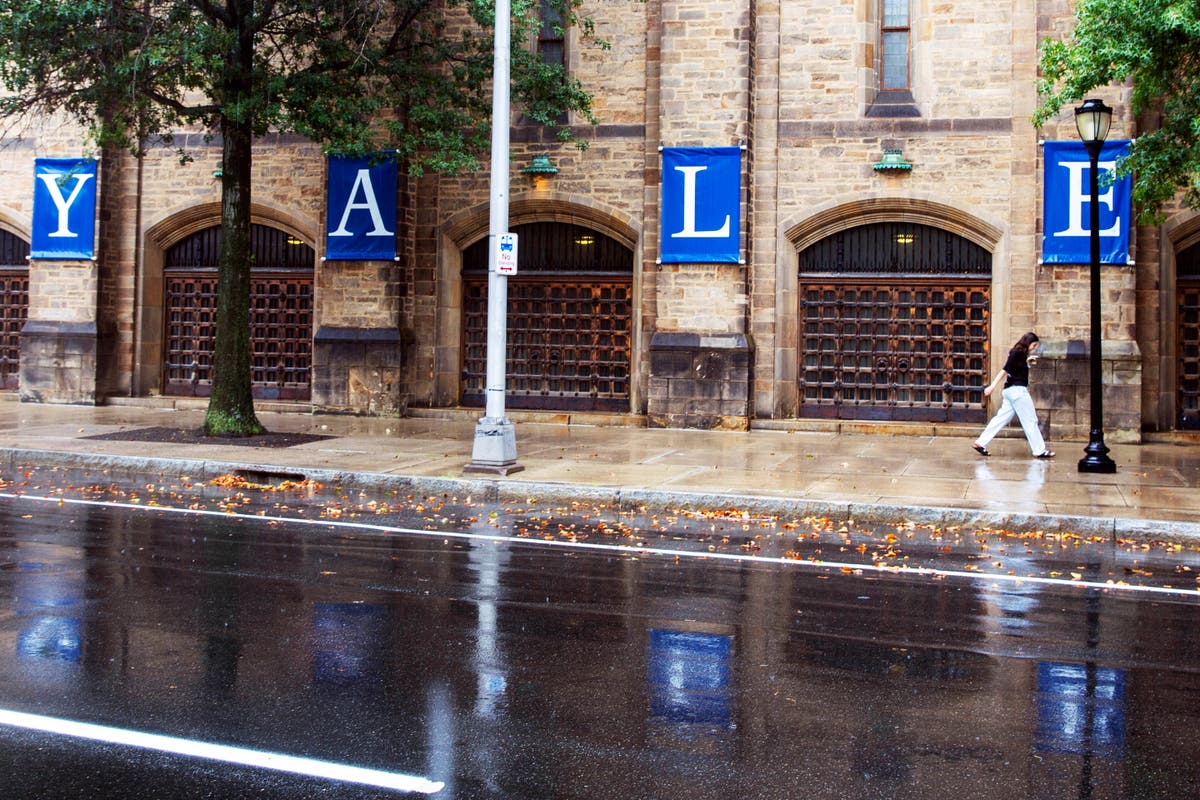











)

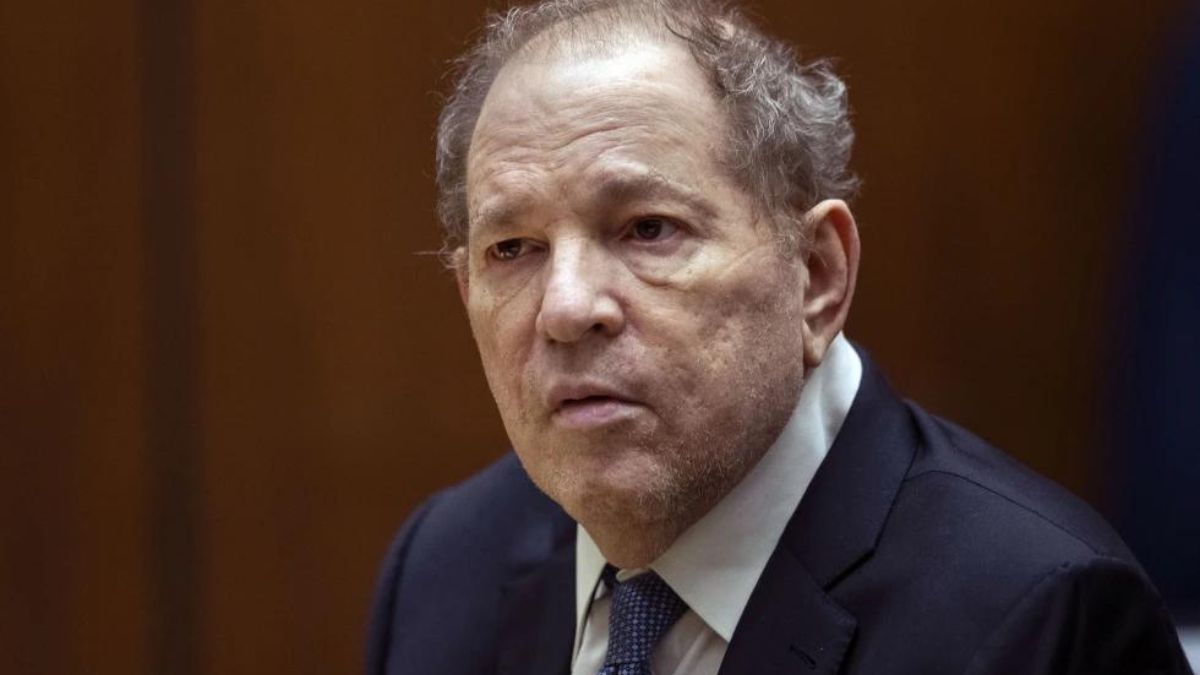)
